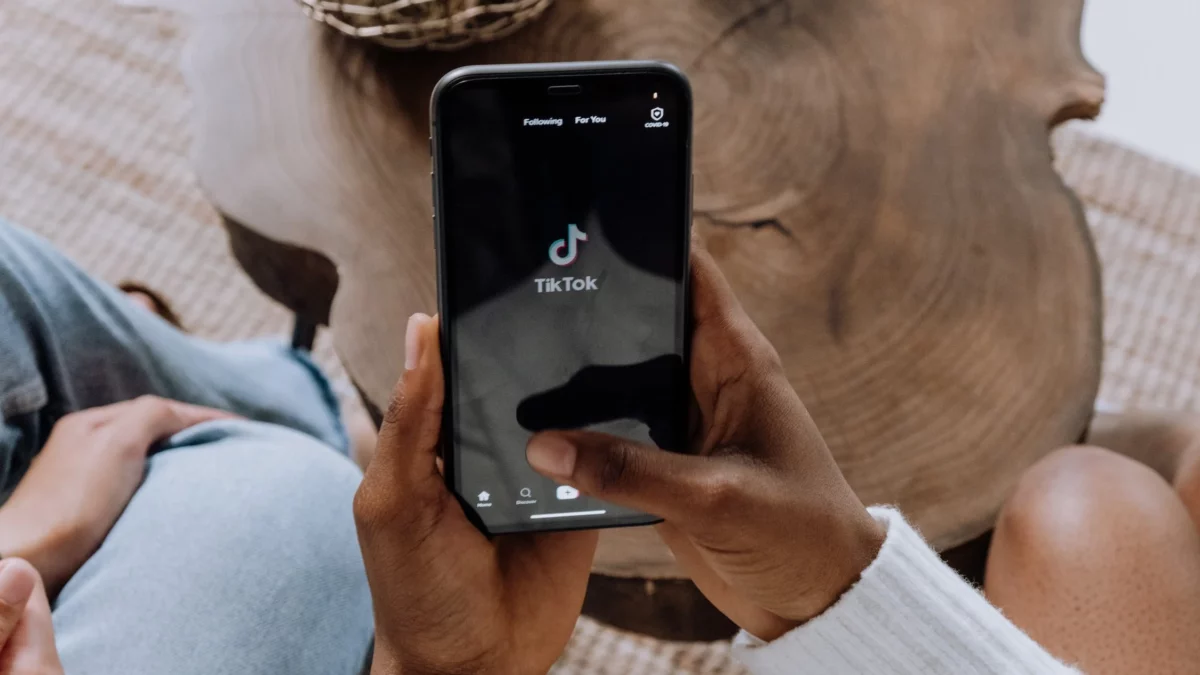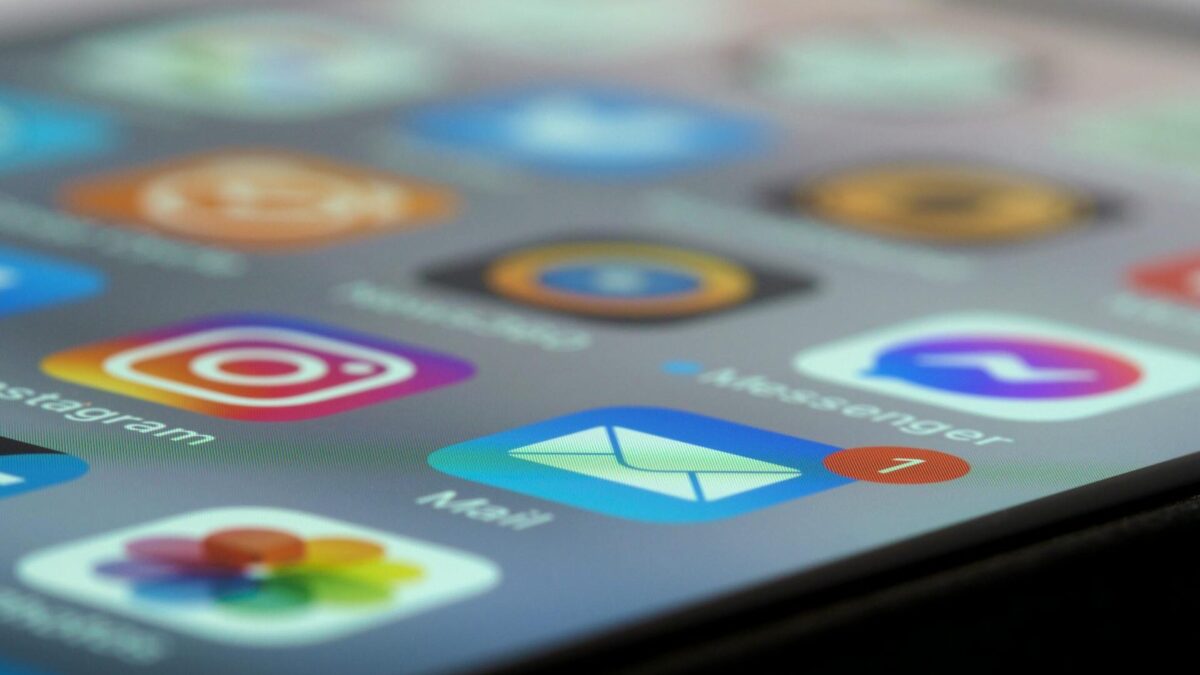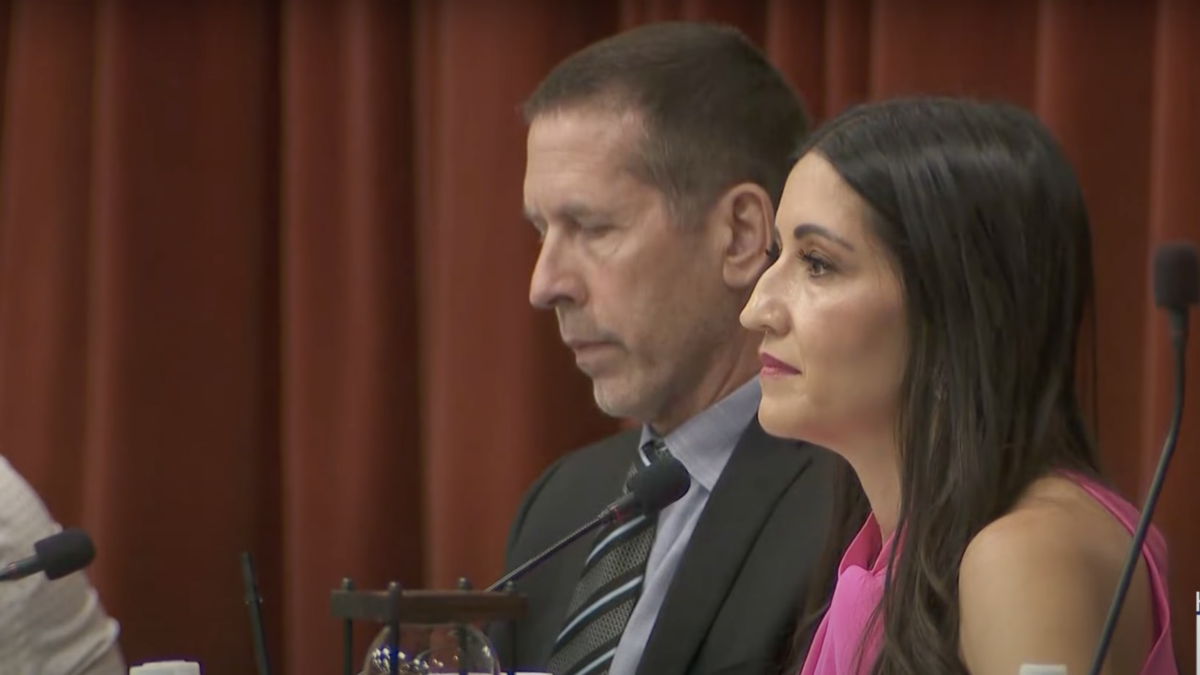Facebook, Instagram, Twitter (yes, even Twitter), YouTube, and Snapchat pose a far greater risk to you than TikTok.
I know that’s a hard pill to swallow following the hysterical TikTok fear-mongering that’s permeated the corporate media since 2019. But if you’re an American conservative or free thinker, Big Tech and its sinister partnership with the deep state and powerful corporations is a bigger threat to Americans’ self-government than China. That starts with its election interference through controlling the information Americans can see, a direct threat to constitutional self-government via elected representatives.
Elon Musk’s explosive “Twitter Files” revealed how the FBI operates as a liaison between social media companies and federal agencies, such as the State Department, Pentagon, and CIA, to control public discourse via unconstitutional censorship and political targeting. The federal government had a hand in everything from Twitter’s suppression of the Hunter Biden laptop scandal, its suspension of President Trump, its promotion of the Russia-collusion hoax, its censorship of Covid information deviating from the Fauci narrative, and more.
[READ: The ‘Twitter Files’ Reveal Big Tech’s Unholy Alliance With The Feds Exists To Control You]
The deep state used Twitter (and undoubtedly other platforms) to interfere in the 2020 presidential election in favor of Joe Biden. We also know a disproportionate amount of the victims of Twitter’s shadowbanning regime were American conservatives.
Nowadays, every other major social media platform has forfeited its role as a digital town square. There is no free flow of information. Instead, they are machines utilized by our overlords to control the narrative — politically and socially — in order to maintain an effectively one-party system.
Enter TikTok. Owned by the Chinese-run company ByteDance, TikTok has a massive active American user base of 150 million people and, most importantly, is not beholden to the American deep state.
How do I know? Because U.S. intelligence agencies, the Biden administration, congressional Democrats, and congressional Republicans all want to ban the app in an exceptionally rare instance of mass bipartisanship.
To address TikTok, Congress put forth the RESTRICT Act, which is aptly referred to colloquially as the “PATRIOT Act 2.0.” In the name of “national security,” the proposed RESTRICT Act would, without oversight, allow the Federal Commerce Department to outright ban social media platforms such as TikTok and give it access to American users’ data and browsing histories. It may also criminalize the use of virtual private networks (VPNs) since they can be used to download contraband apps.
The RESTRICT Act is part of the “disinformation” fear campaign — a transparent effort by the federal government to retake the control it lost at the advent of social media. Any information inconvenient to the managerial class is labeled “disinformation” and slapped with “fact checks” or outright deleted.
When the state is not the arbiter of truth, its credibility is threatened, and if its credibility is threatened, so is its continuation. This is why the government has infiltrated Big Tech and why it wants to annihilate the companies it can’t control.
To be clear, no reasonable person denies that TikTok poses a unique risk to the American public. I have written about the dangers of CCP influence on TikTok and even uncovered a potential Chinese influence campaign on American youths. I’m also not saying TikTok is immune to censorship — it isn’t.
But TikTok is no worse and, for conservatives, arguably better than American tech companies, which are uniquely positioned to attack the right and any free-thinking individual who correctly criticizes the American state or its corporate allies. China has different political goals with its internet manipulation efforts than the U.S. deep state: The former views American conservatives as one of many competing ideological groups to use to push social chaos in the United States while the latter views American conservatives as “domestic terrorists.”
For instance, in a Live Action video featuring a discussion between pro-life activist Lila Rose and OB-GYN John Bruchalski, Rose states that abortion, defined in the video as the direct and intentional ending of an unborn baby’s life, is never medically necessary. The video was labeled “false information” on Instagram. However, no such label appears on the same video posted to Live Action’s TikTok account.
In another example, an apolitical Instagram reel about Corn Flakes and the cereal’s negative effect on libido was flagged as “false,” but on TikTok, the exact same video was left untouched.
The fact-checking regime, beholden to the federal government and mega-corporations such as Kellogg’s (owner of Corn Flakes) and the lucrative abortion industry, clearly doesn’t have control of TikTok. Every echelon of the federal government wants TikTok gone for the benefit of themselves and their donors, not the American people.
Of course, China is tolerant of conservative content not because it cares about free expression in America. It permits content deemed wrongthink by American Big Tech companies in order to sow discord and attract as many American users as possible for the sake of data collection. But we can acknowledge China’s bad intentions, while also acknowledging that the comparative freedom TikTok offers American users is a good thing.
Free expression is our defense against despotism, which is becoming increasingly normalized in our country. Consider how the state pays disingenuous homage to the Constitution while deploying a Covid vaccine psy op on the American public, interfering in our elections, infiltrating Catholic Churches, labeling parents at school board meetings “domestic terrorists,” and creating a Communist-style social credit system.
It has created a two-tier justice system where Christians are labeled “white supremacists,” pro-life activists have had their homes raided by federal agents, and peaceful Jan. 6 protesters are ruthlessly persecuted by state prosecutors and defamed during a congressional show trial. Meanwhile, Black Lives Matter rioters and pro-abortion terrorists are routinely let off the hook.
None of this is to draw a false equivalency between America and Communist China. The Chinese Communist regime is vastly more cruel and murderous toward its people than the U.S. government is to us. But the greater, more immediate threat to conservatives is our government, not China’s, and by annihilating an app willing to platform our ideas, conservatives are assisting in their own destruction.
Banning TikTok, whether by the RESTRICT Act or by other means, sets the negative precedent that our government has the authority to swoop in and eliminate any apps — foreign and domestic — they deem “dangerous.” Do you know what country bans apps? China. As Benjamin Franklin said, “They who can give up essential liberty to obtain a little temporary safety deserve neither liberty nor safety.”
You pick your poison with social media apps. None of the major companies are genuinely fair platforms. Their algorithms and “content moderation” (aka censorship) are affected by unseen forces. Conservatives know, however, that American tech companies are controlled by the autocratic deep state and corporations that hate us. And while TikTok may answer to the CCP, conservatives enjoy a markedly freer user experience on the app.
Our day-to-day lives, laws, and elections are undeniably affected by the free flow of communication on social media. Without competing platforms such as TikTok, the information ecosystem is regulated solely by partisan Big Tech executives, corporations, and the U.S. government, and free speech in America’s digital public square dies.









